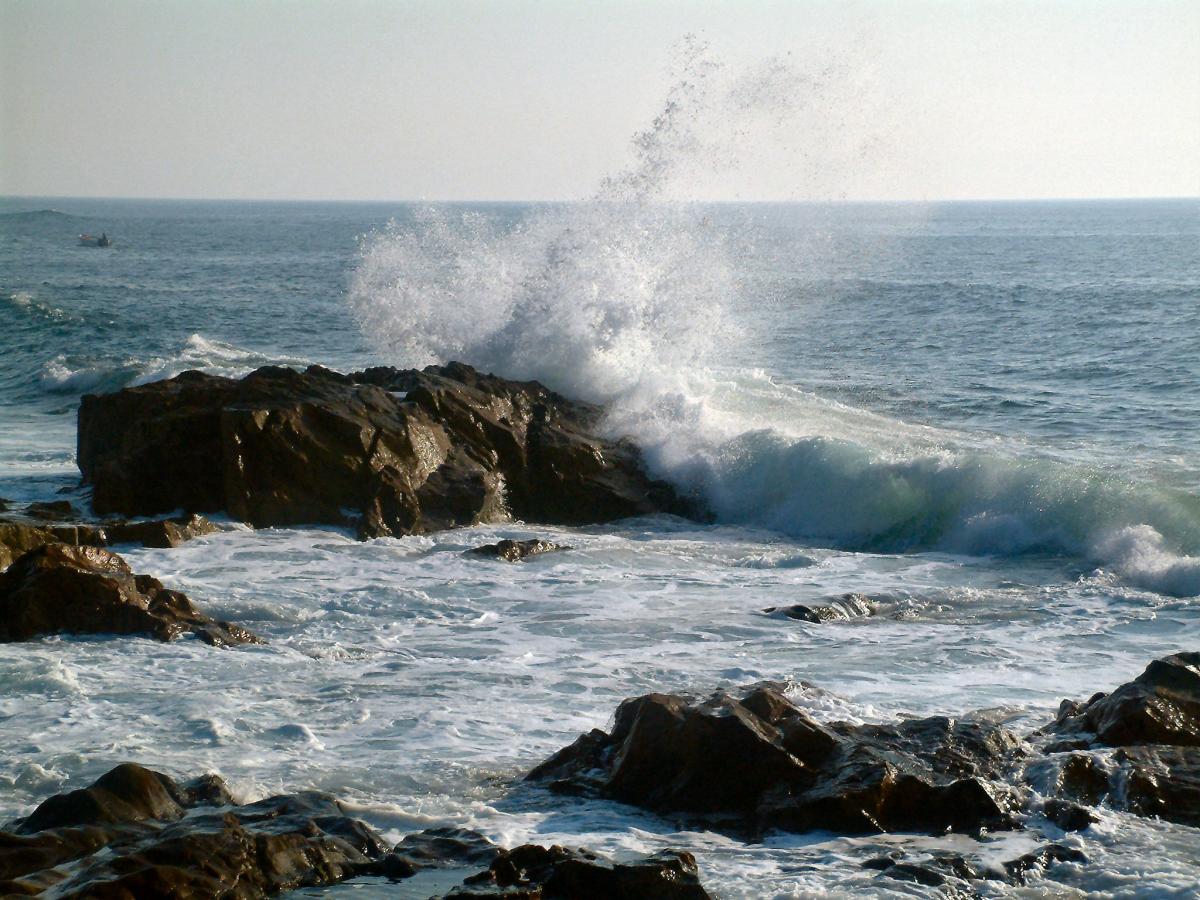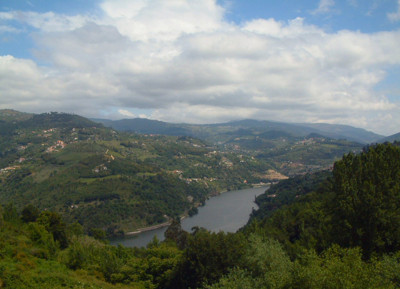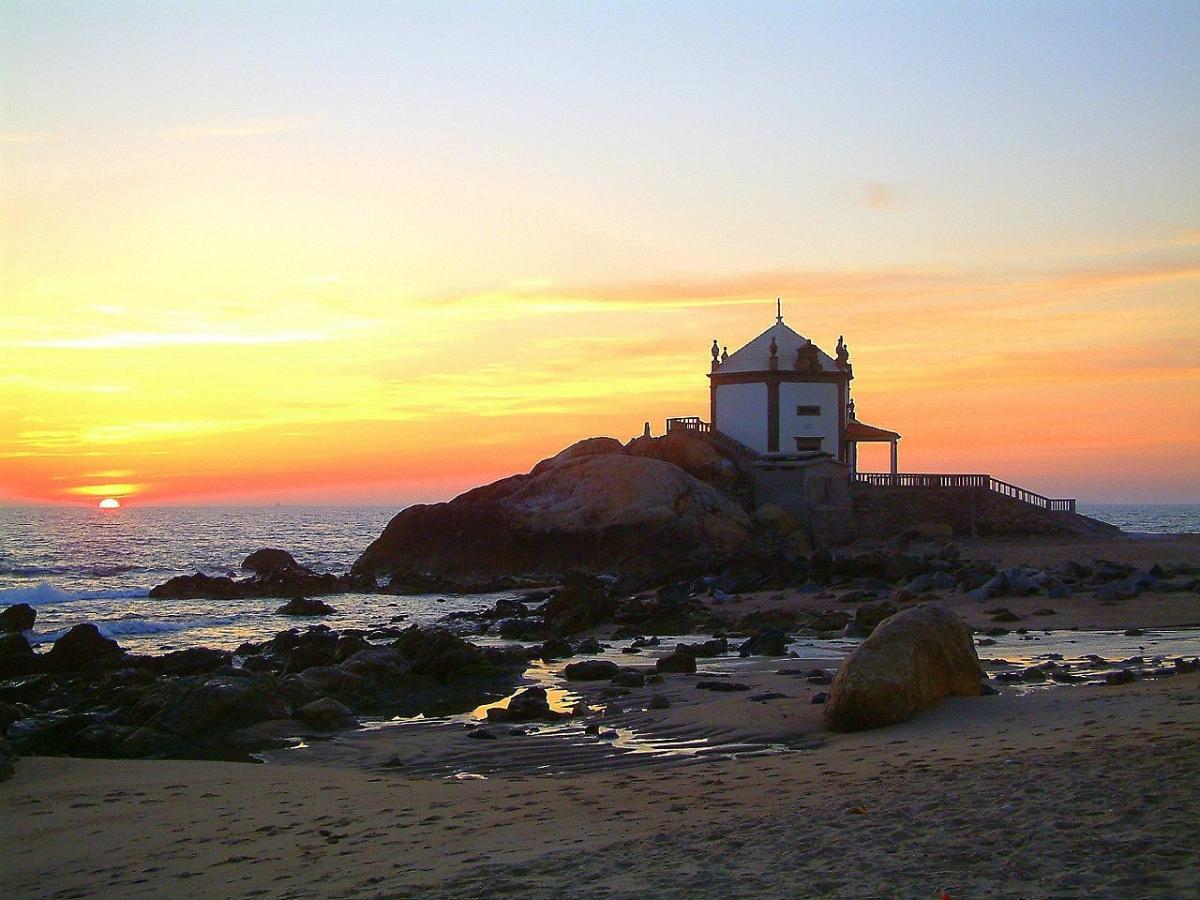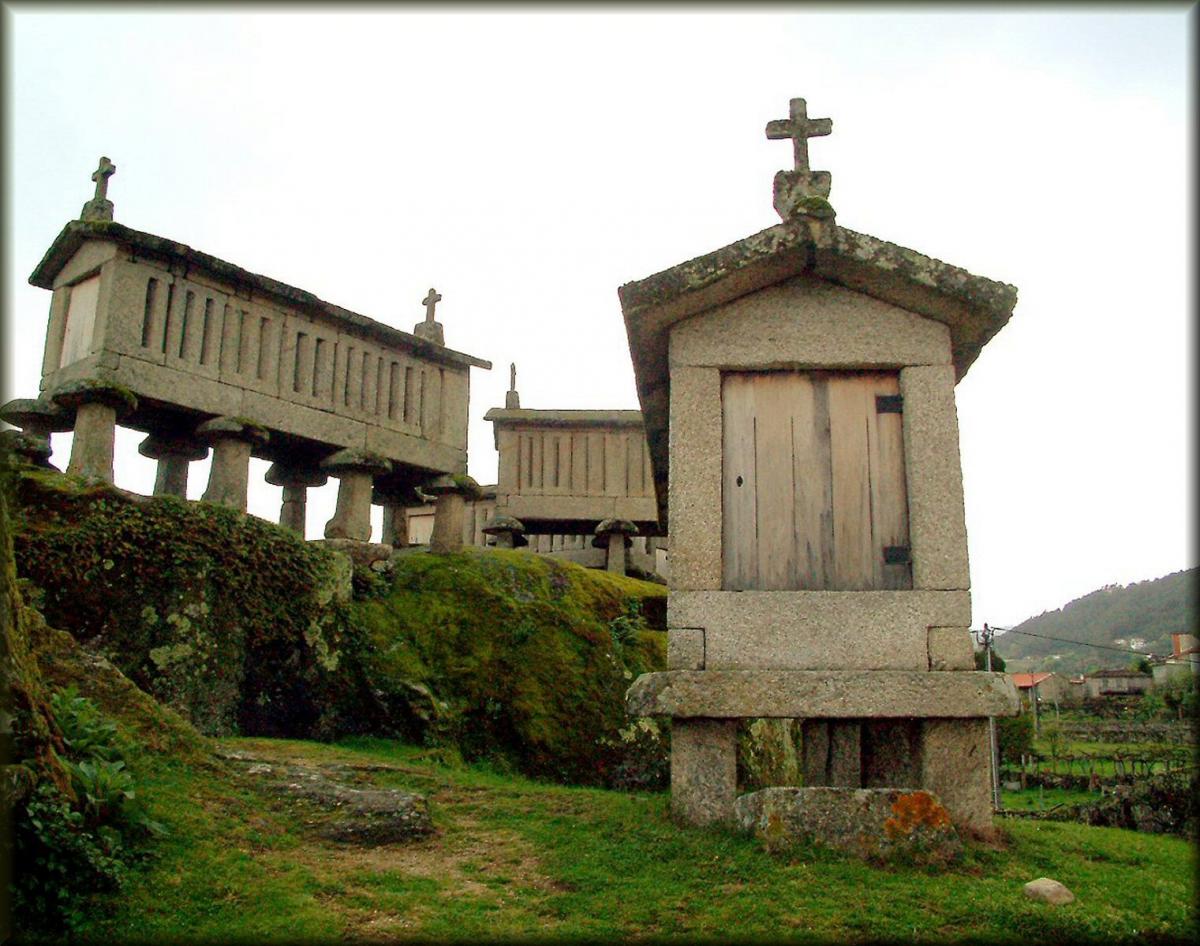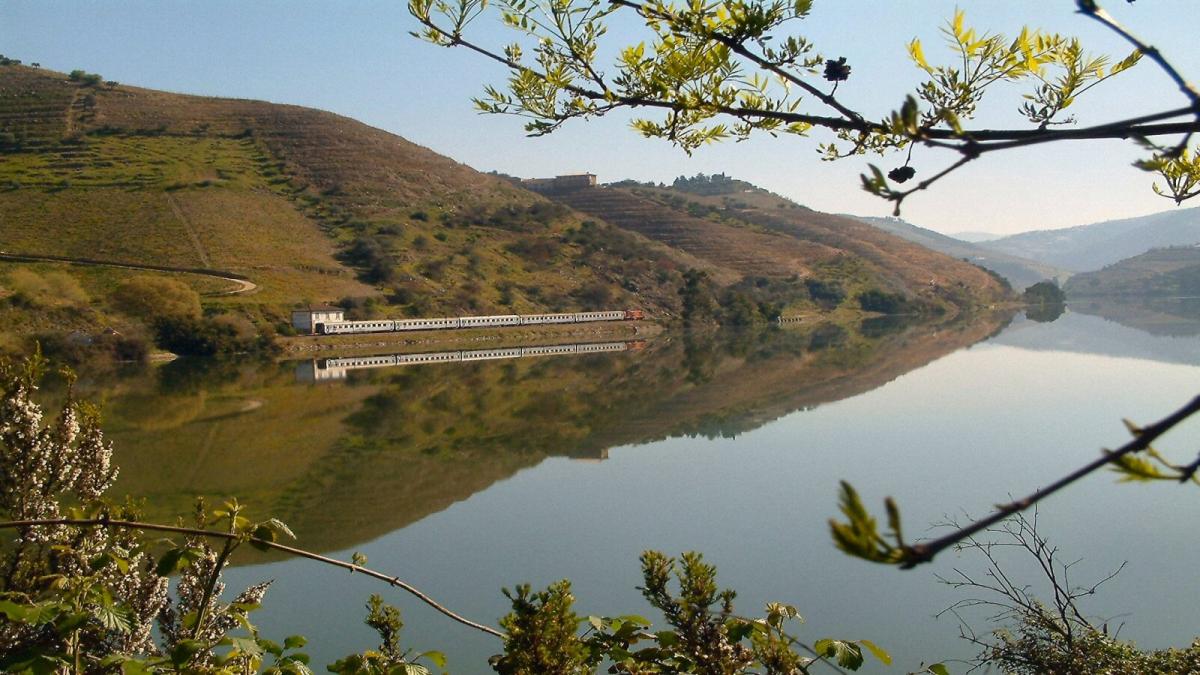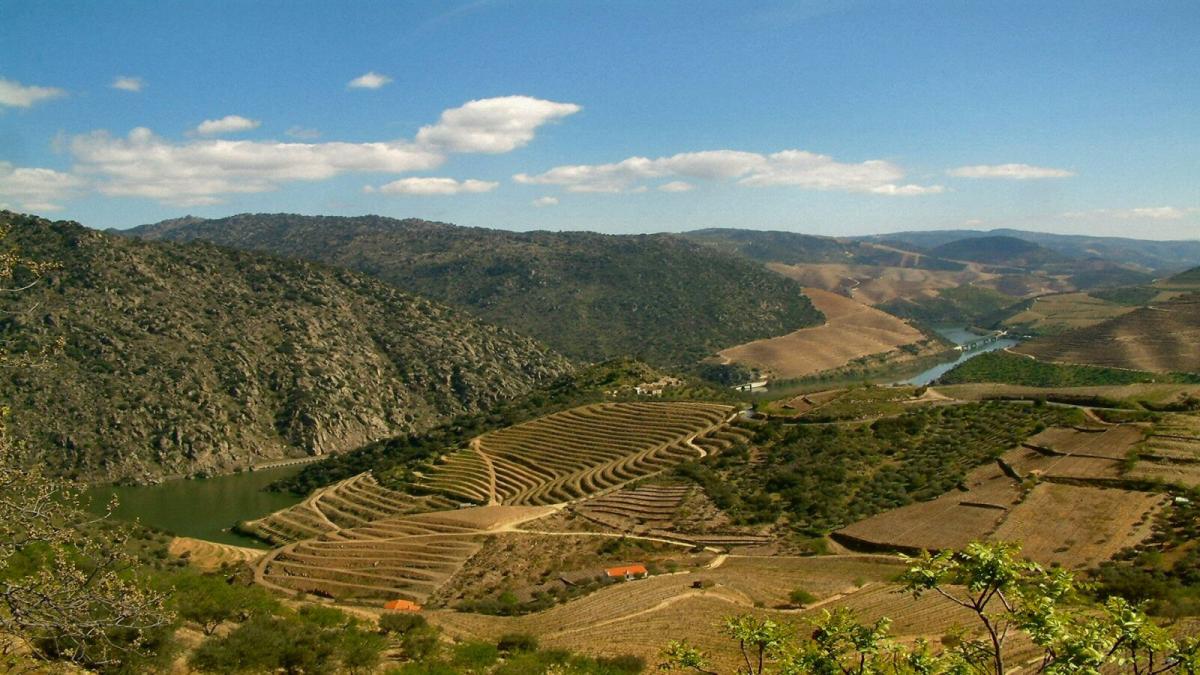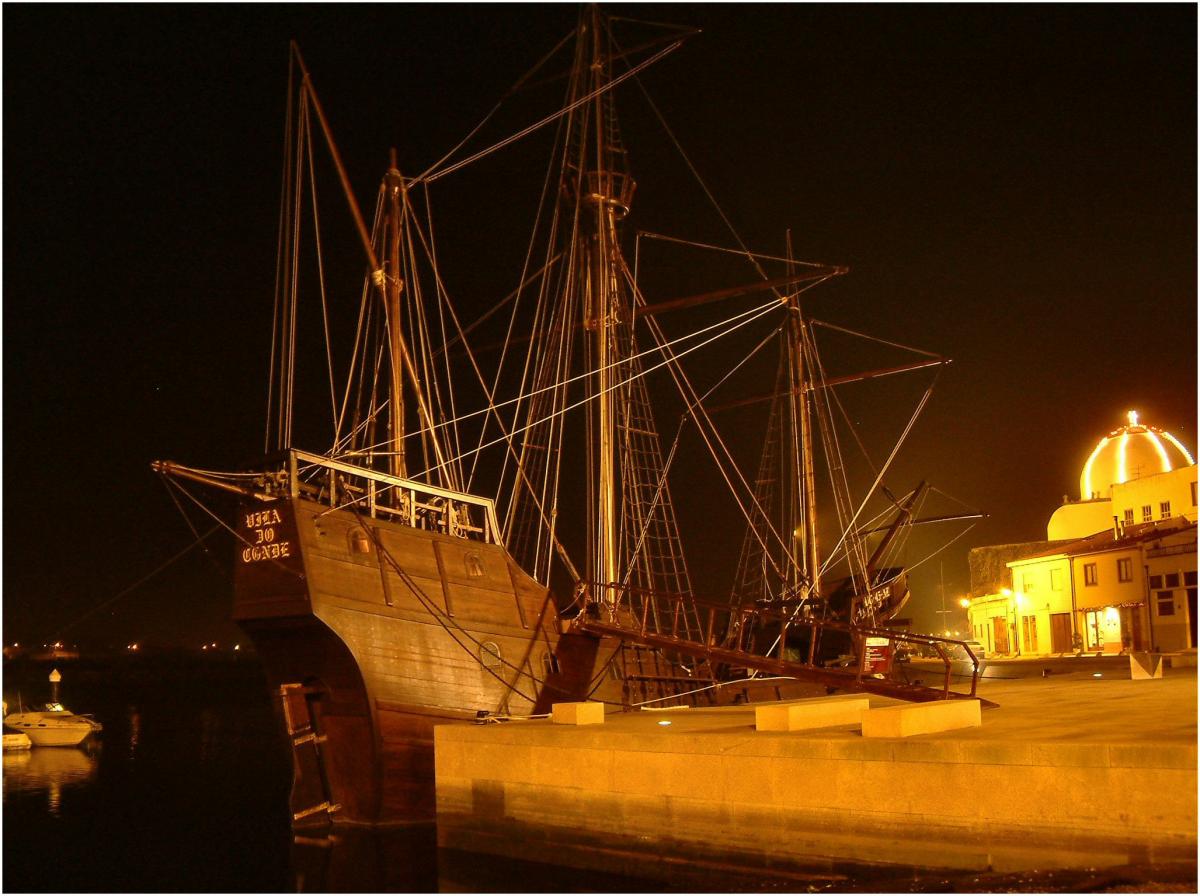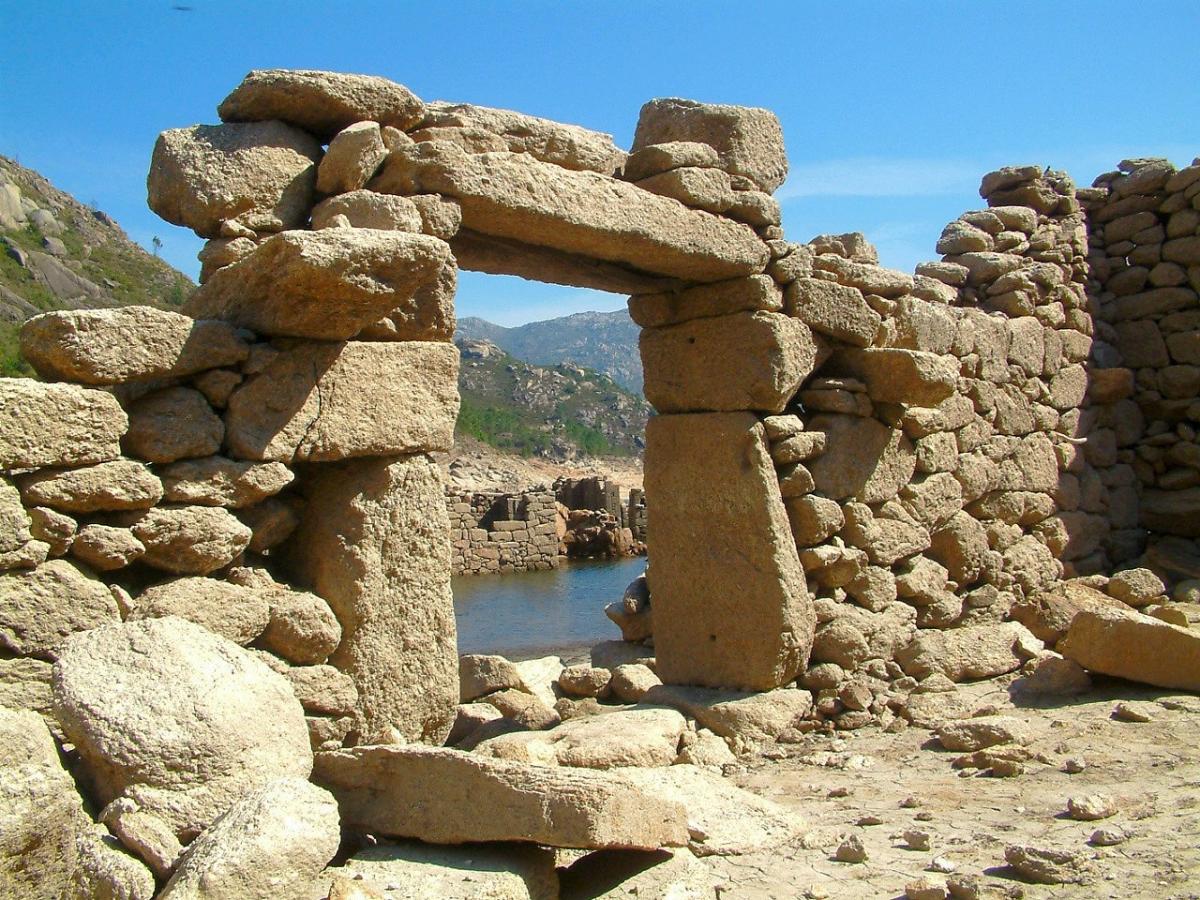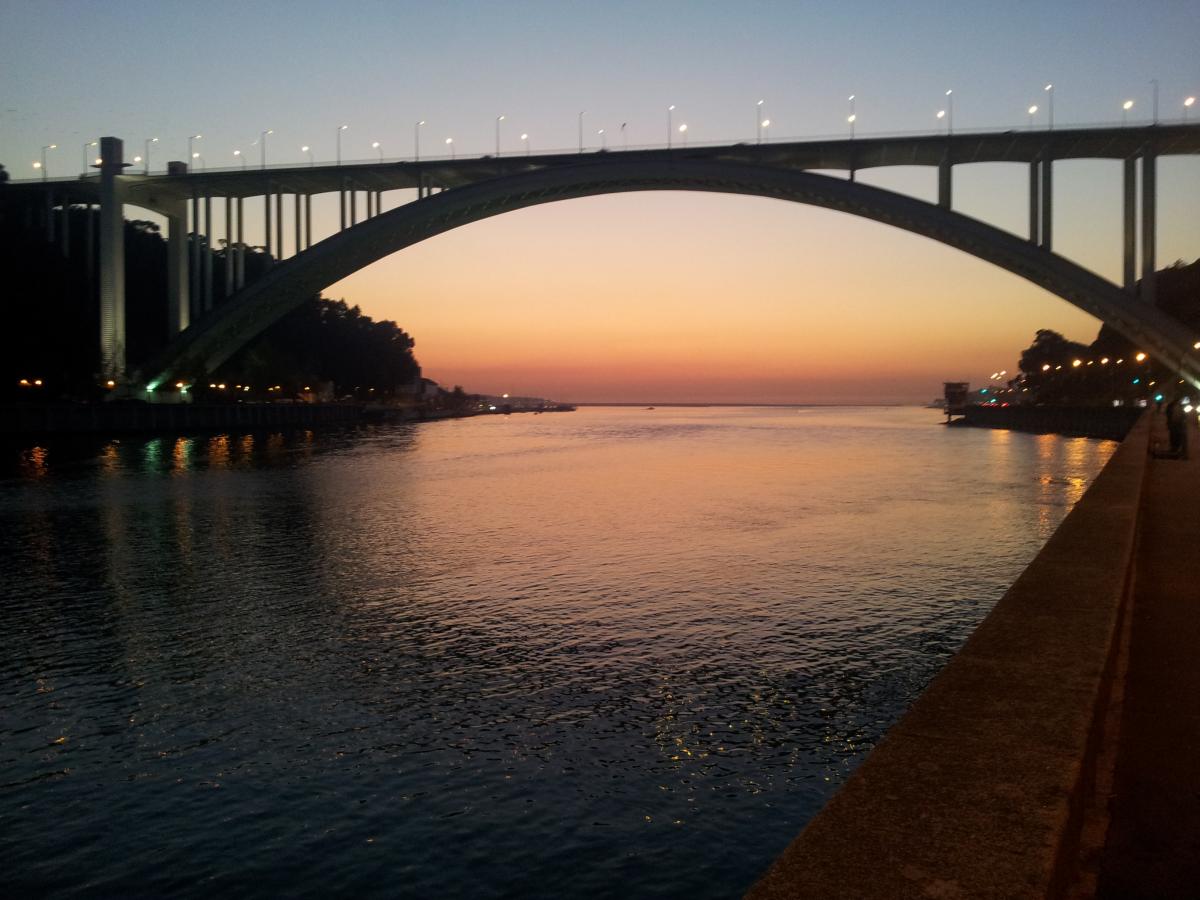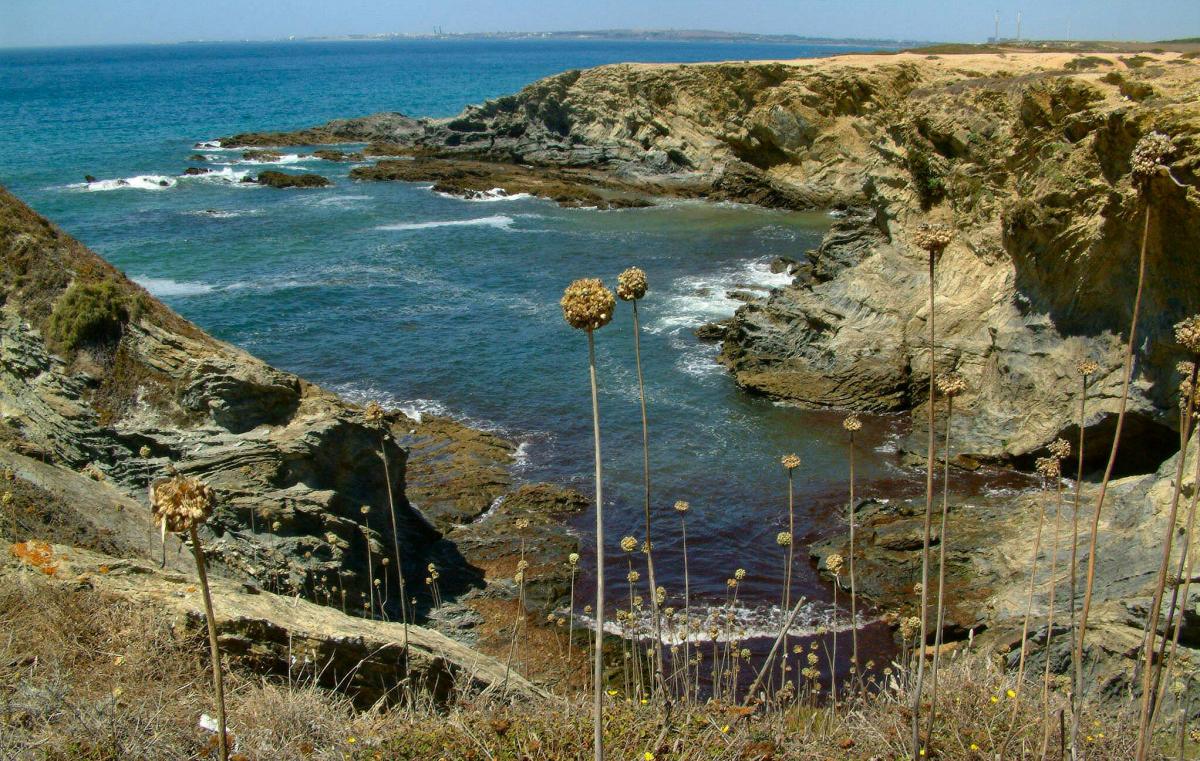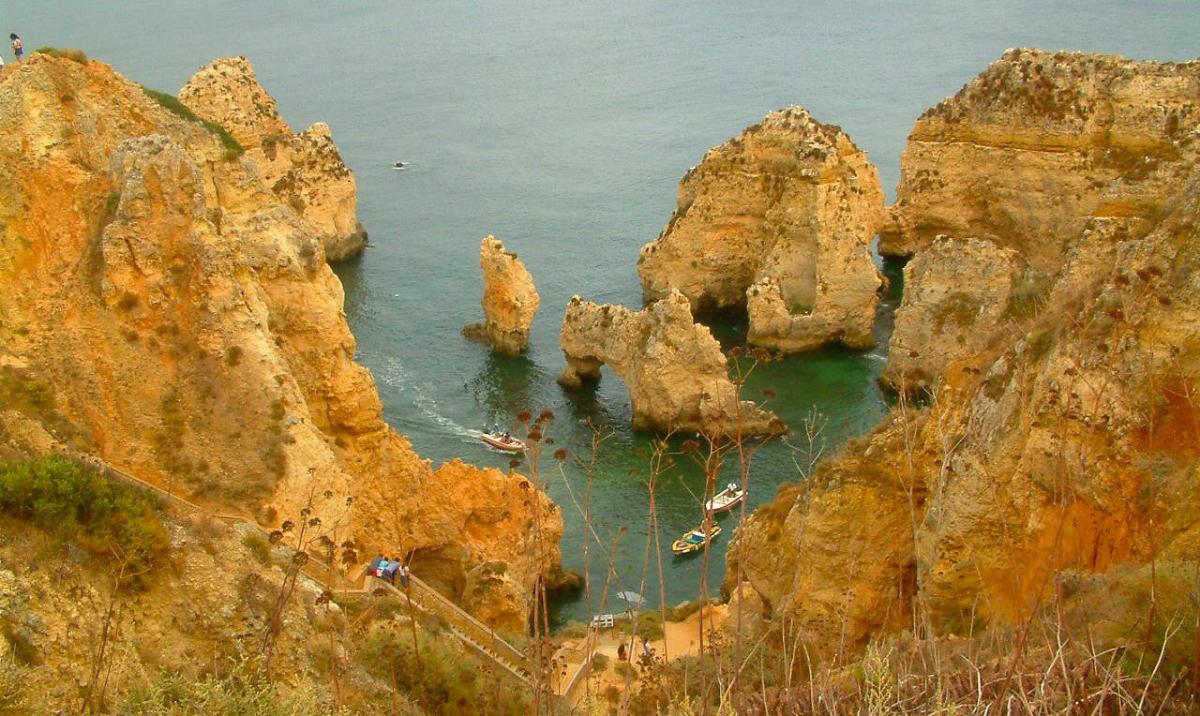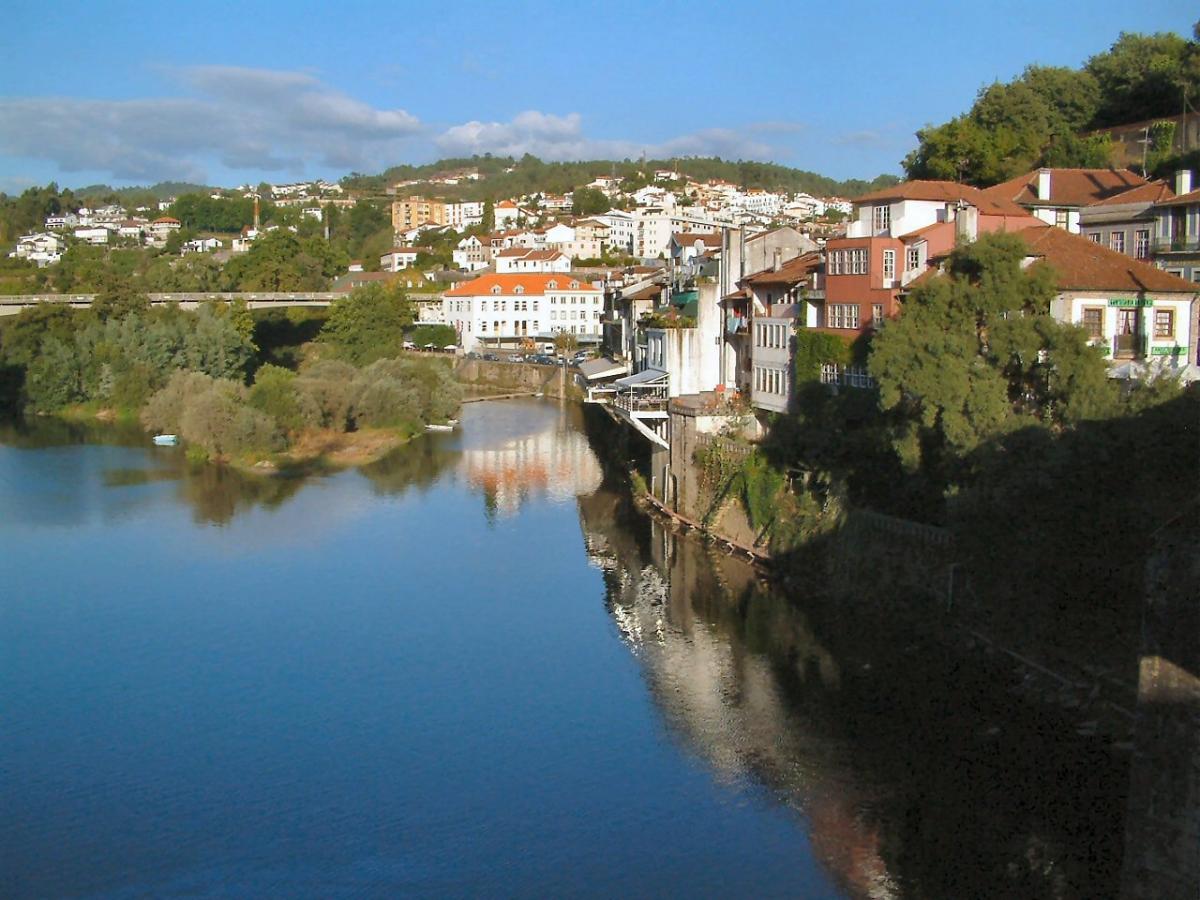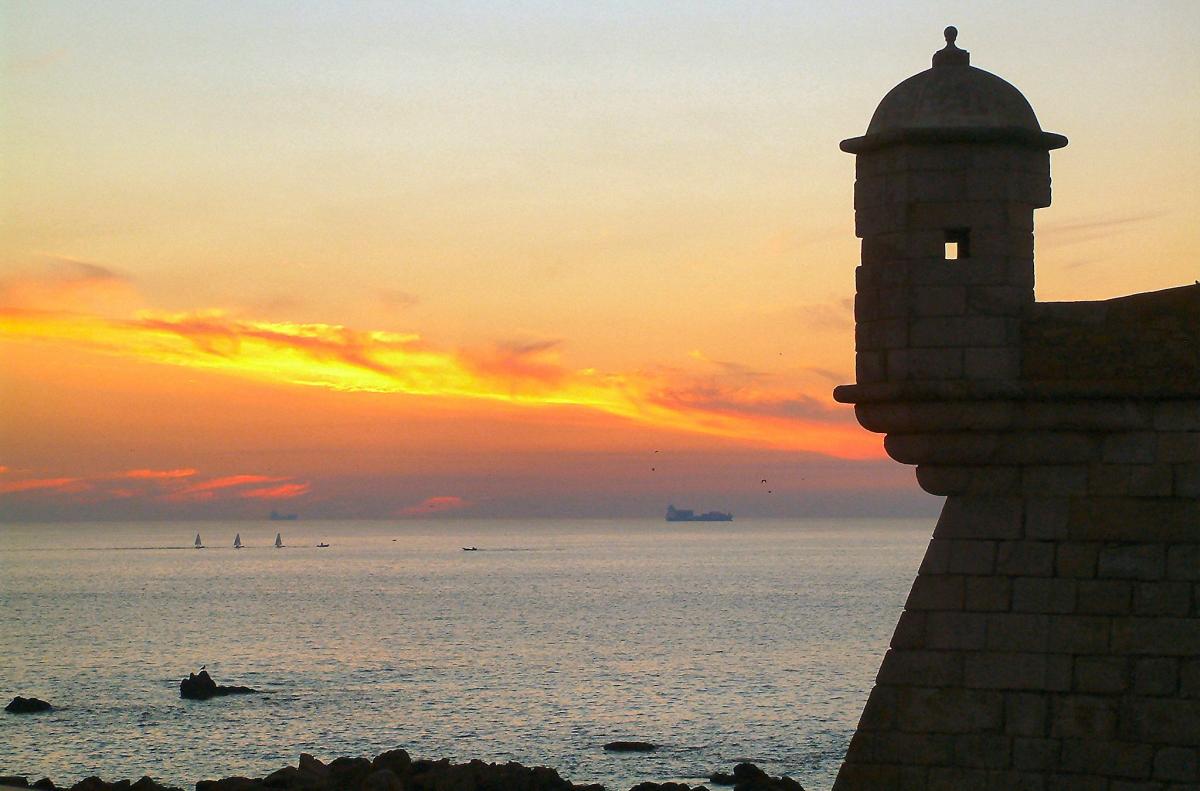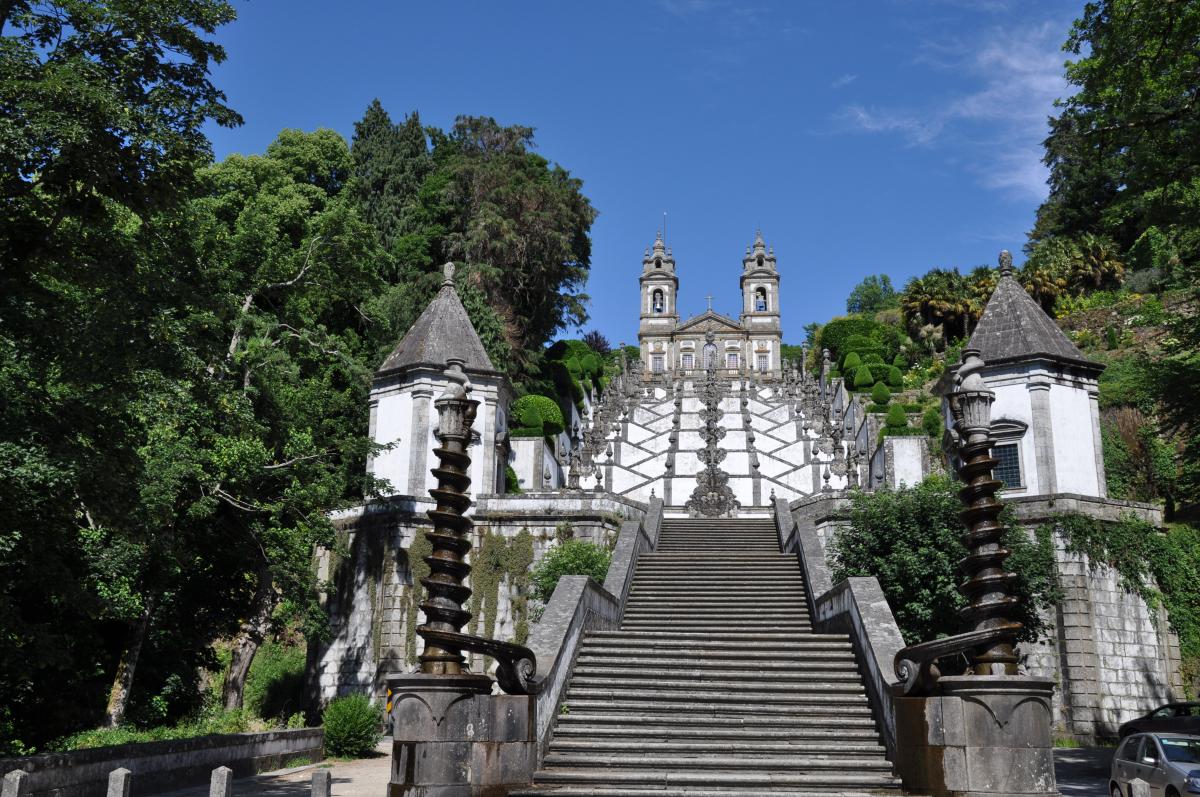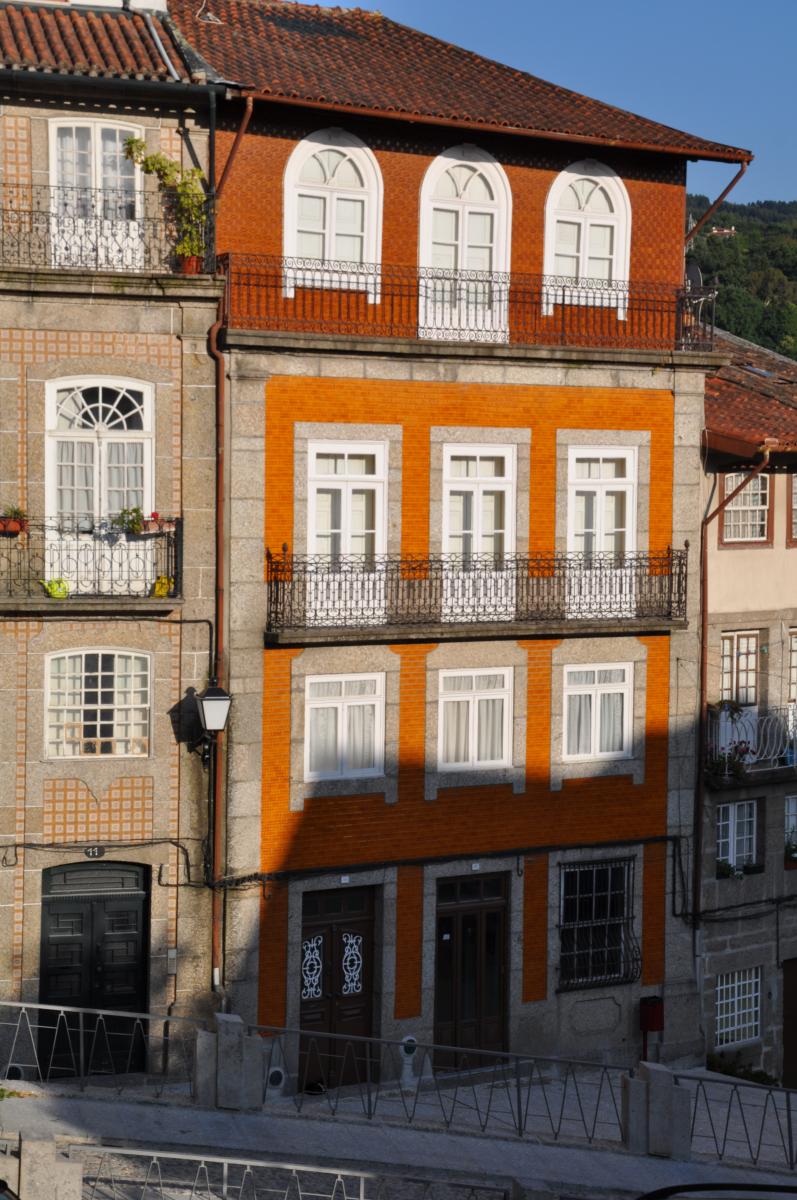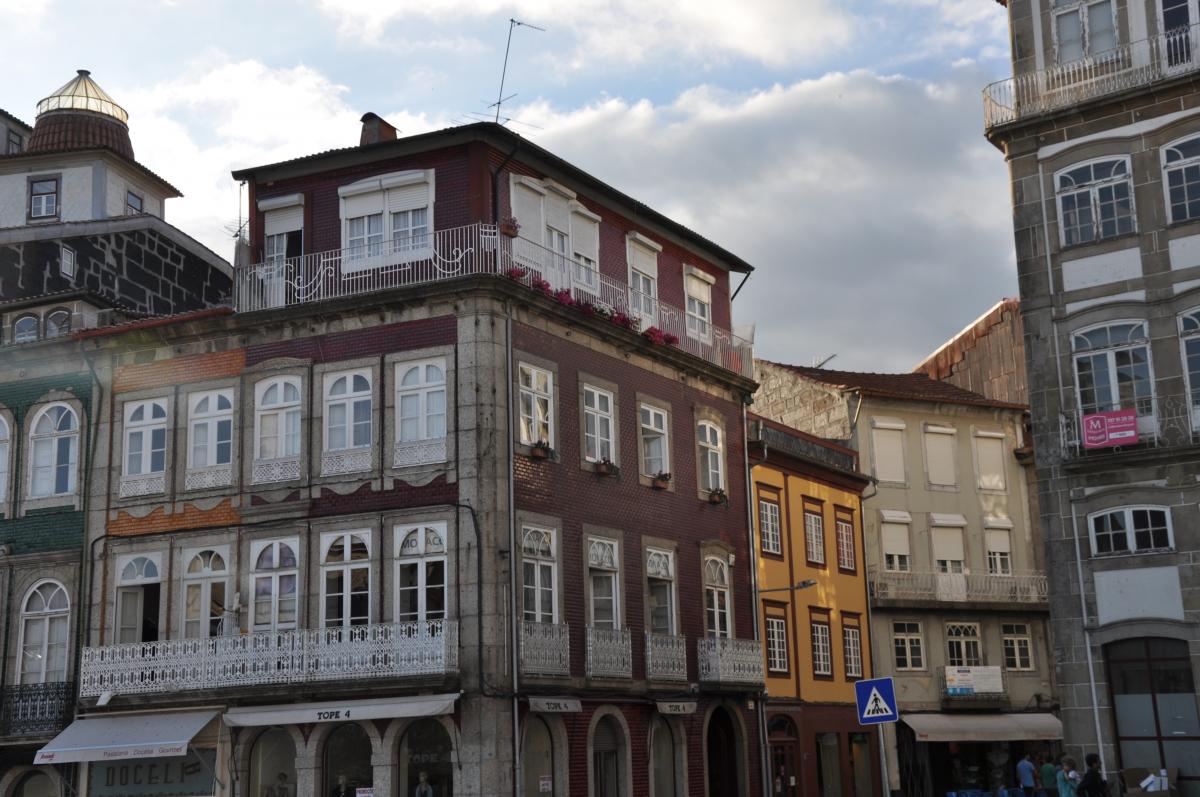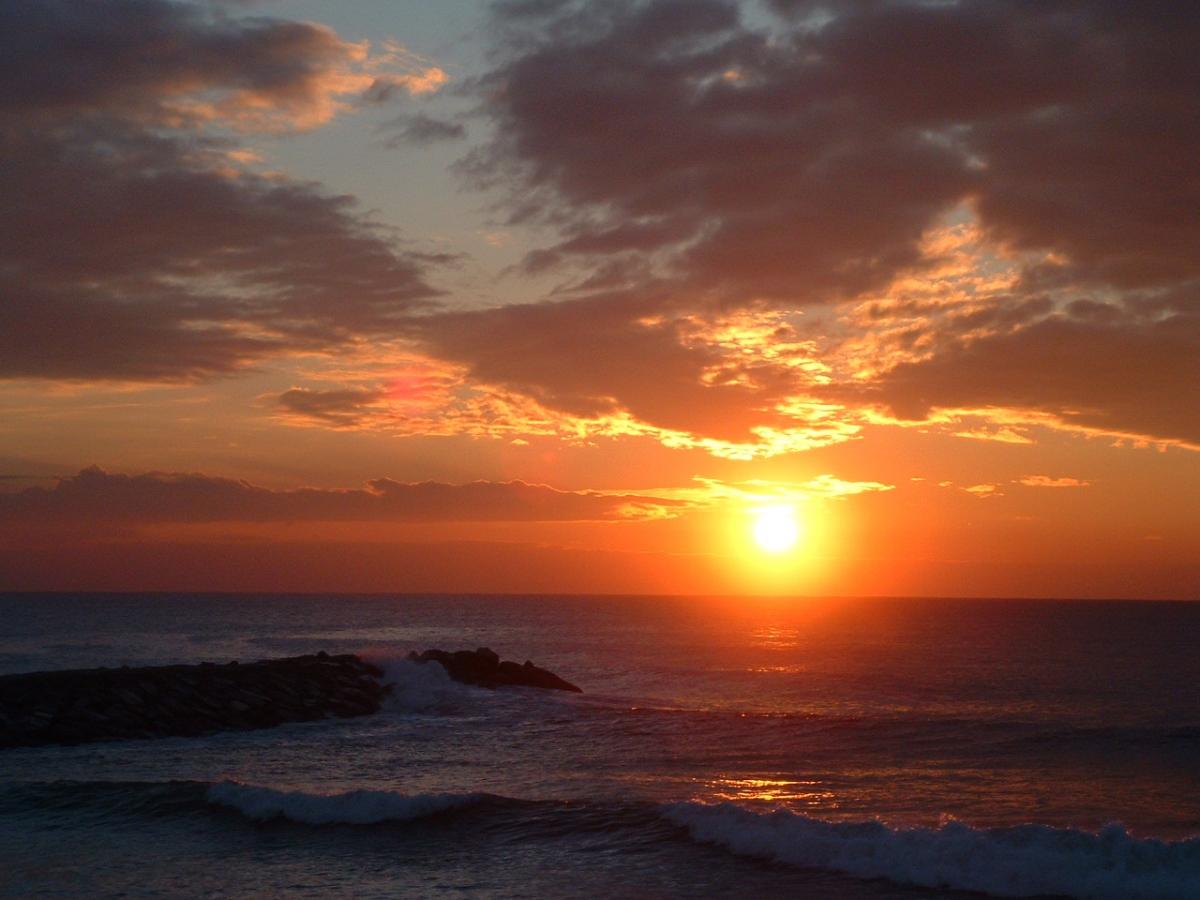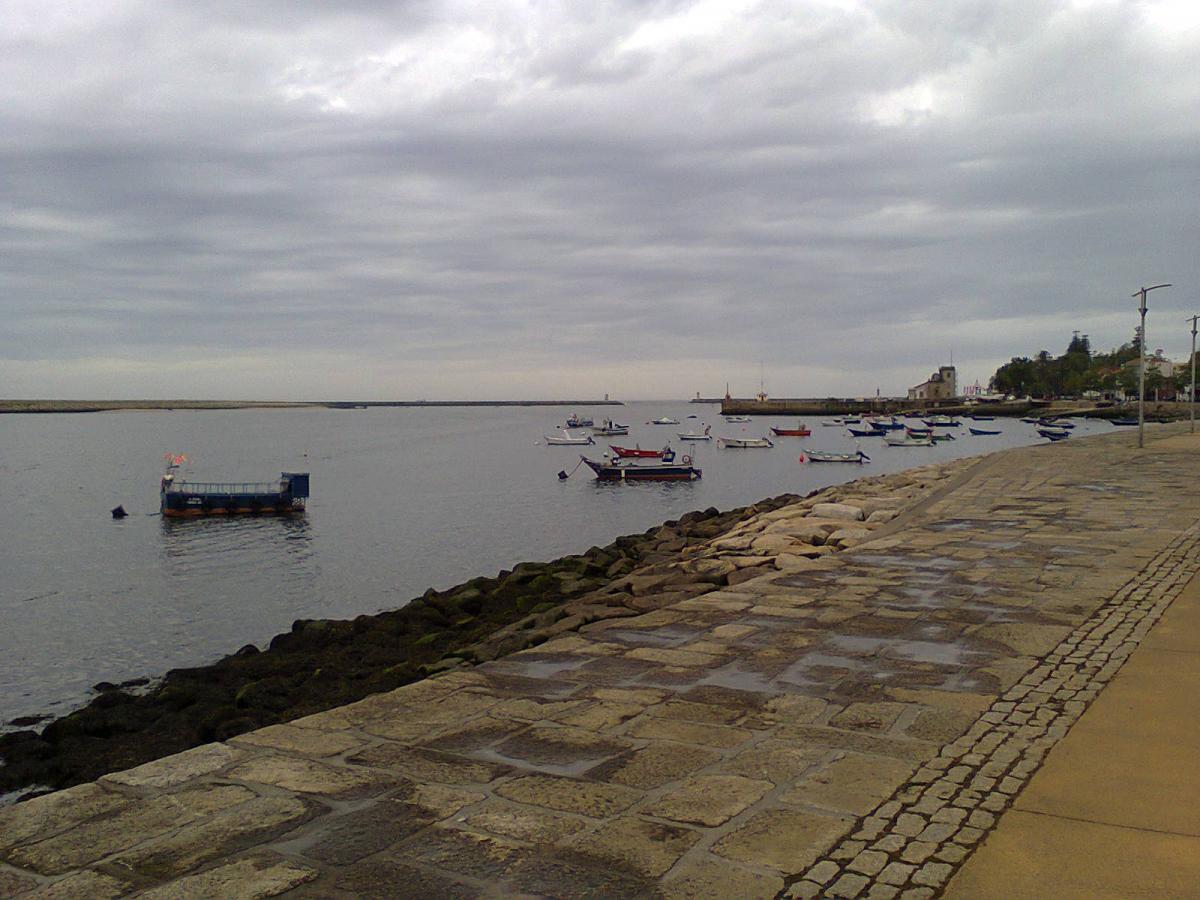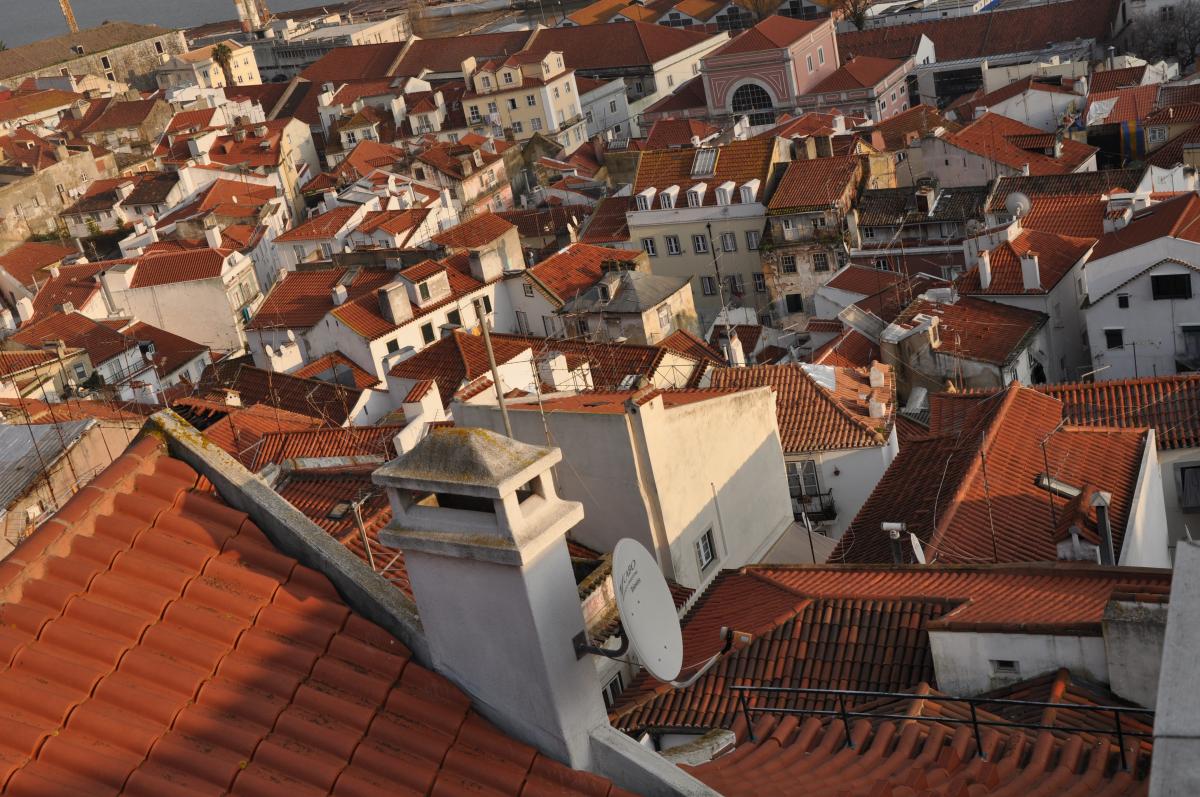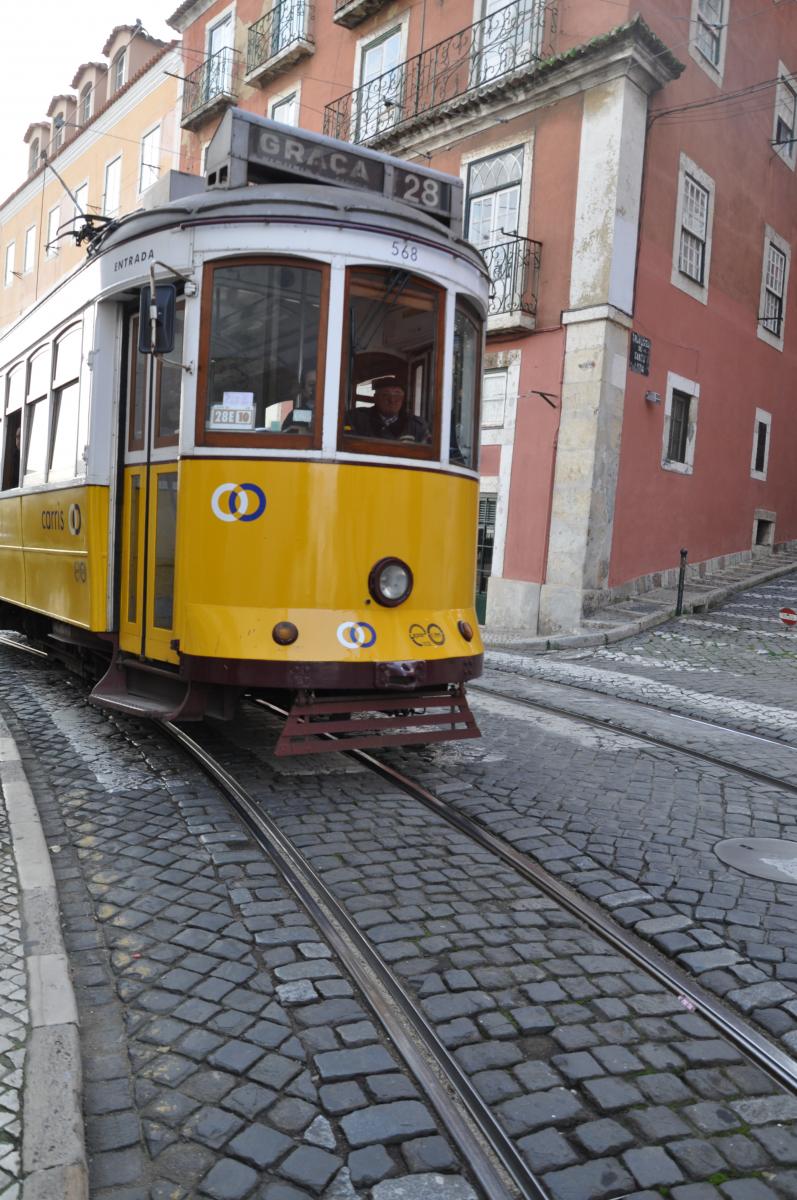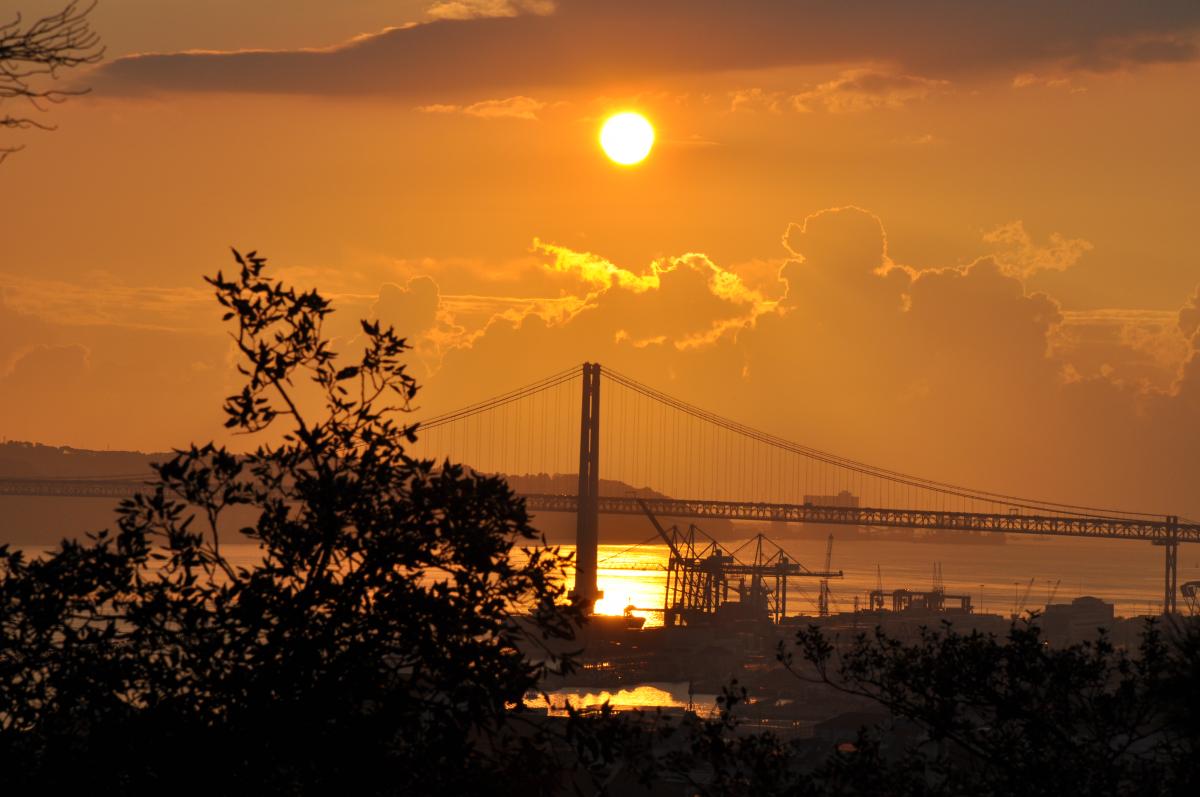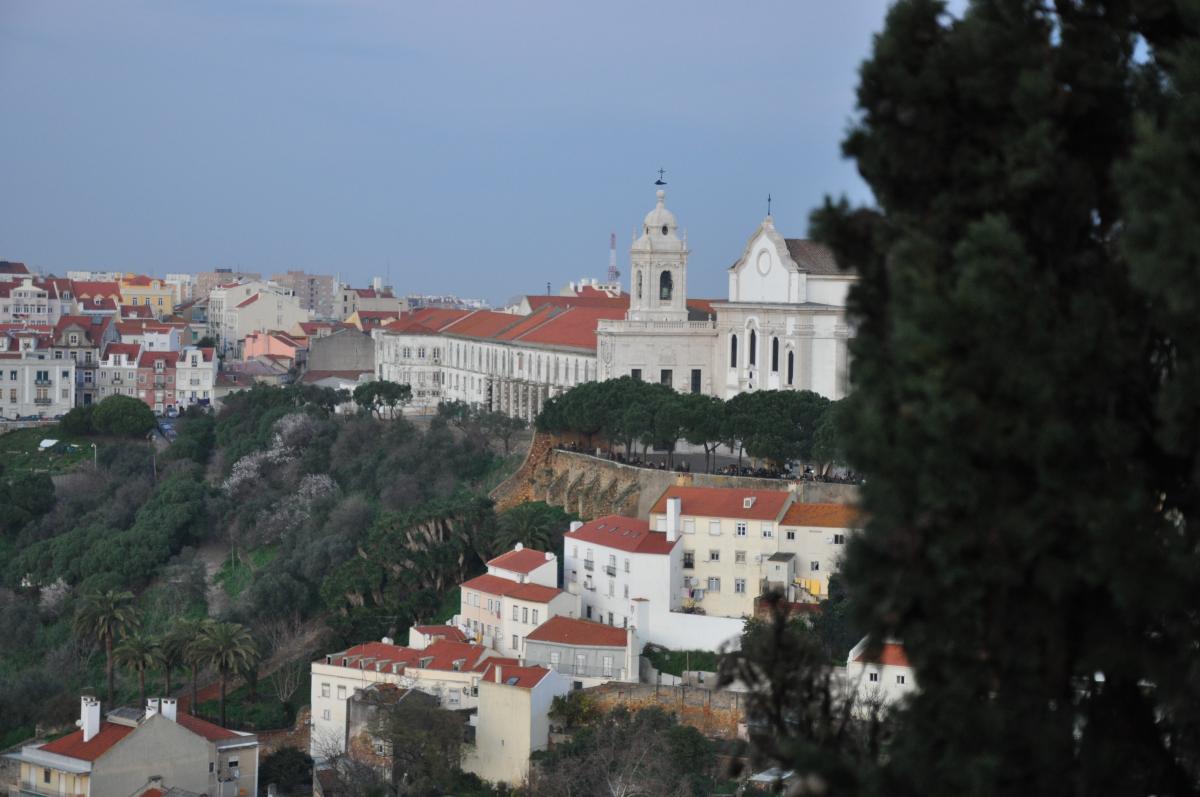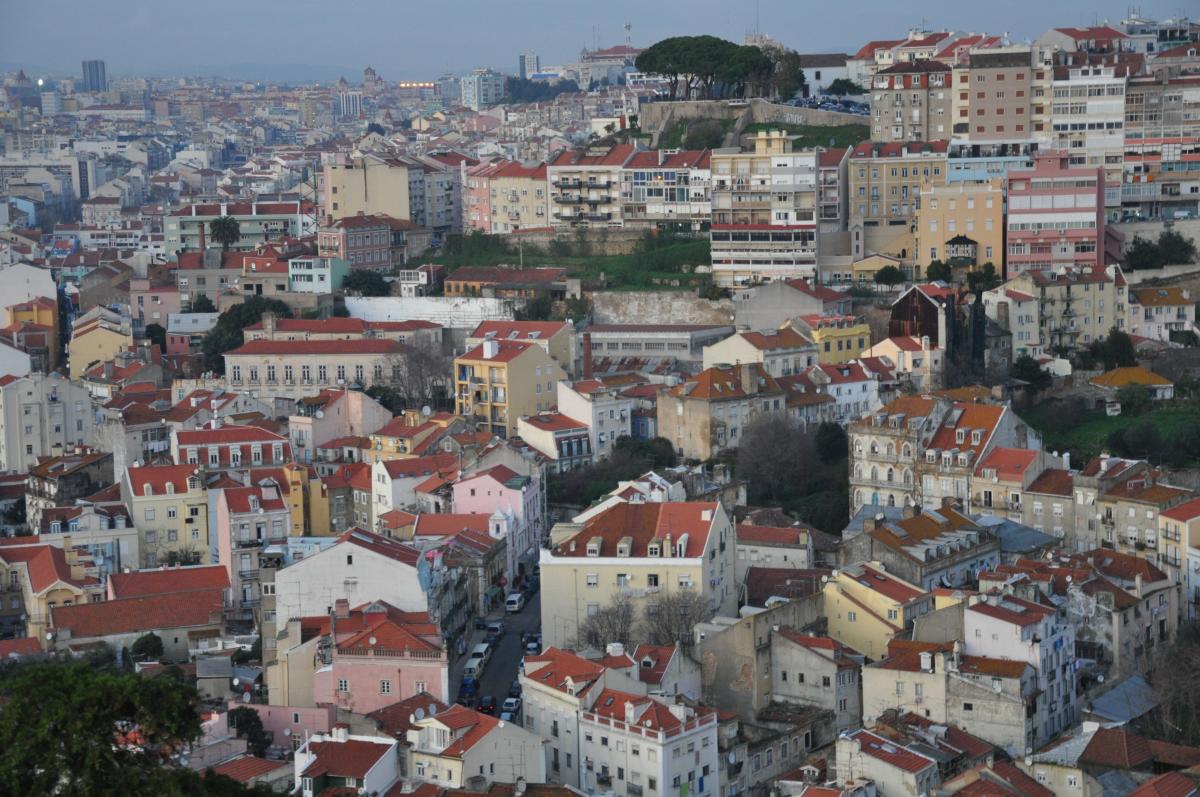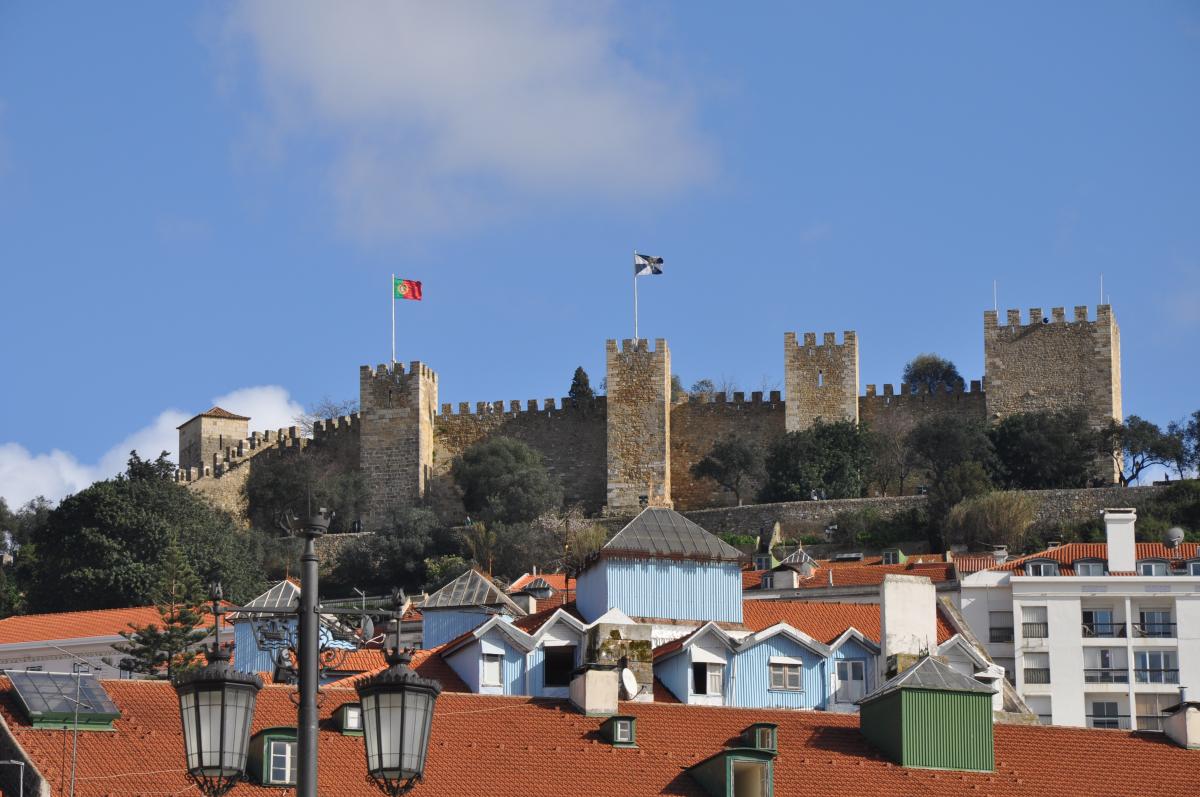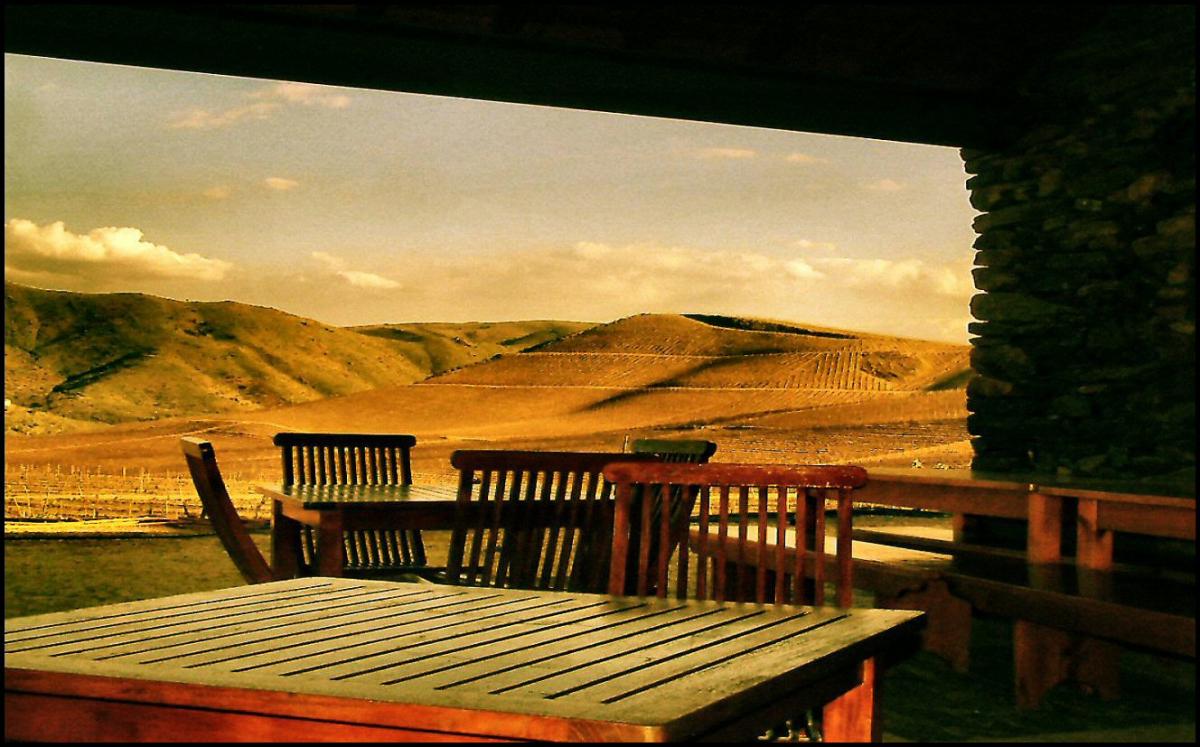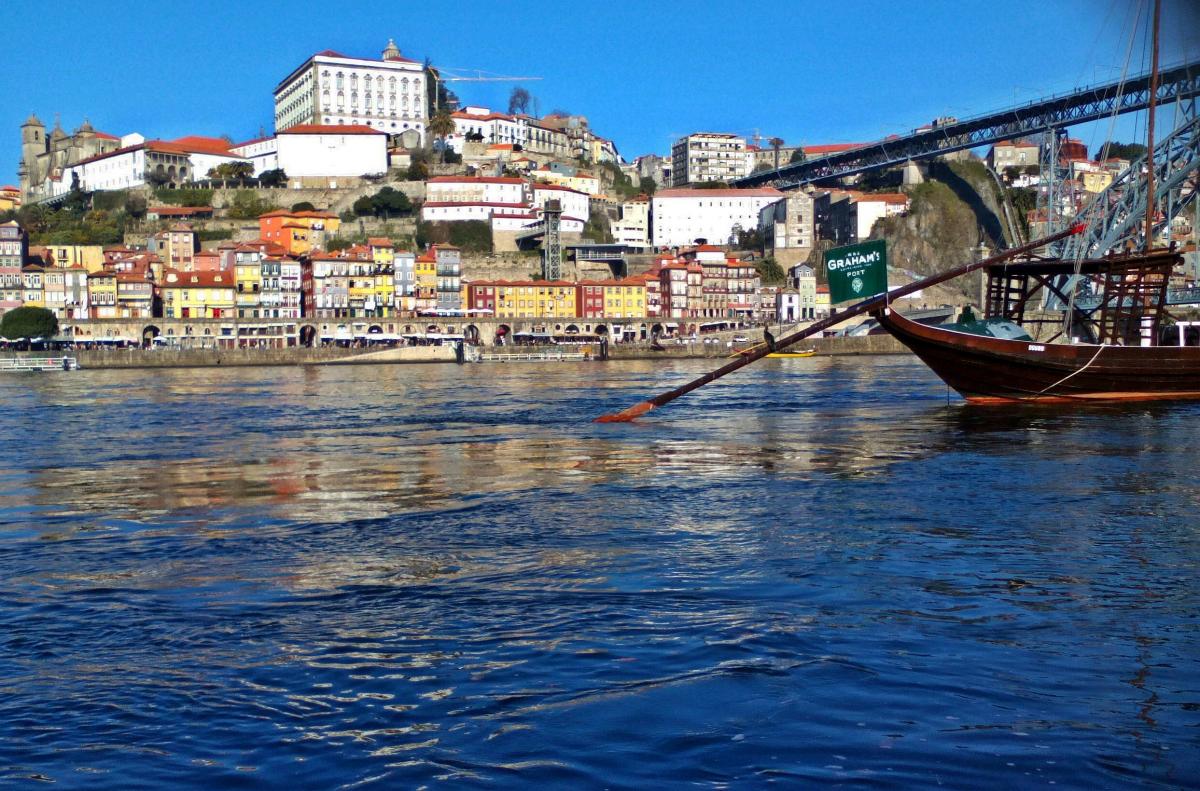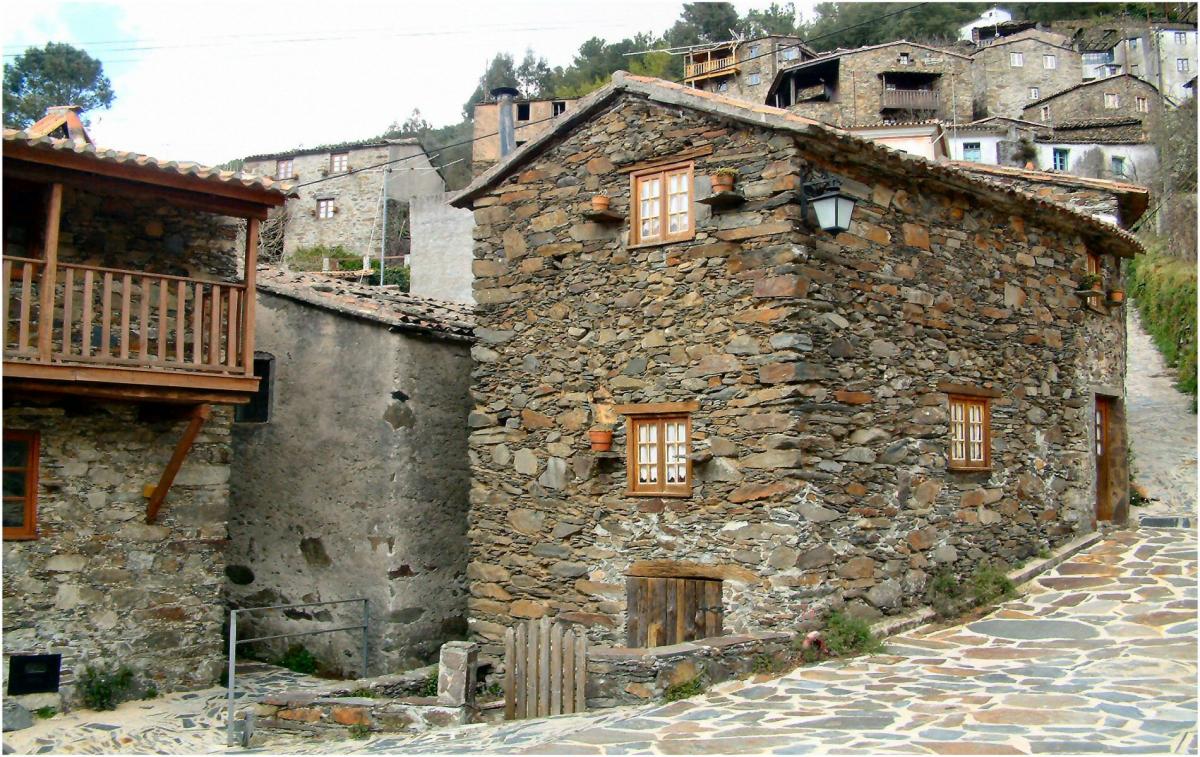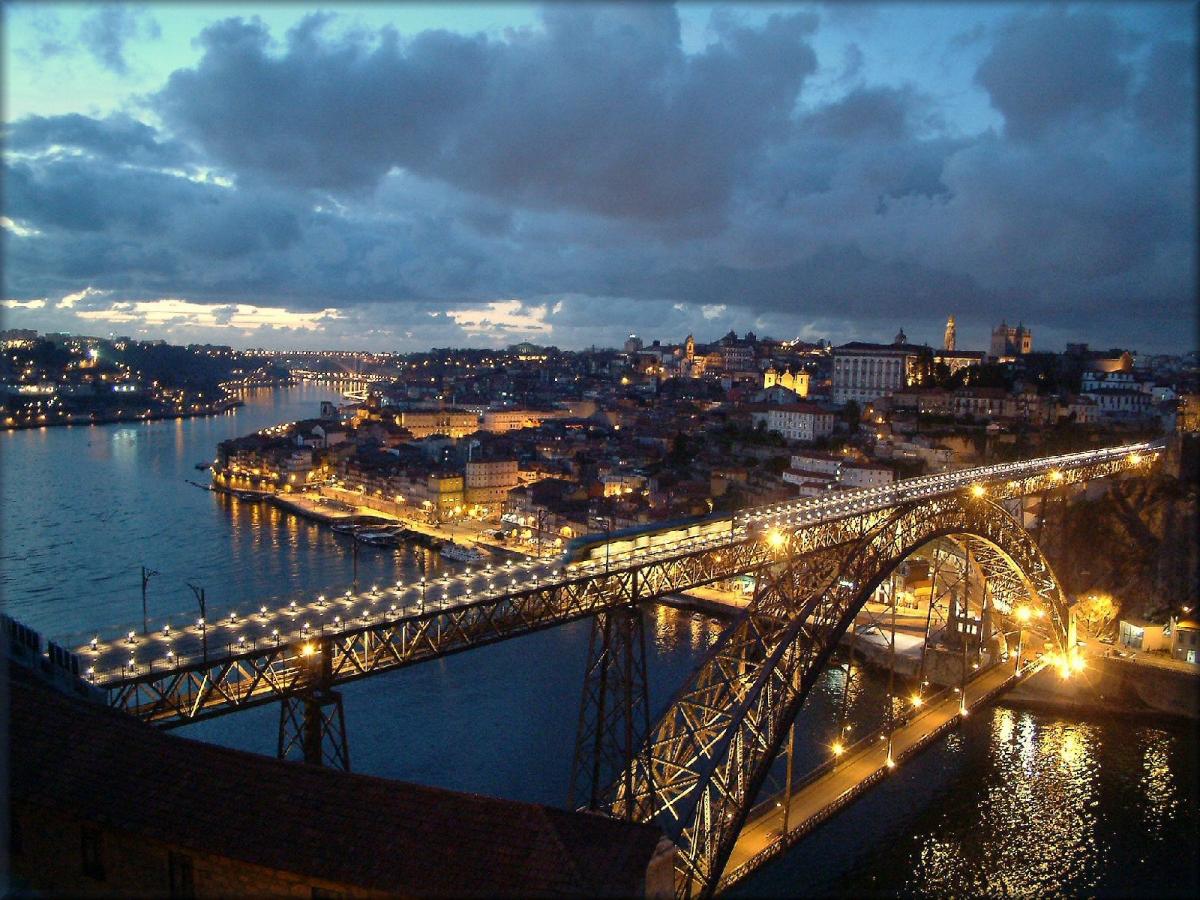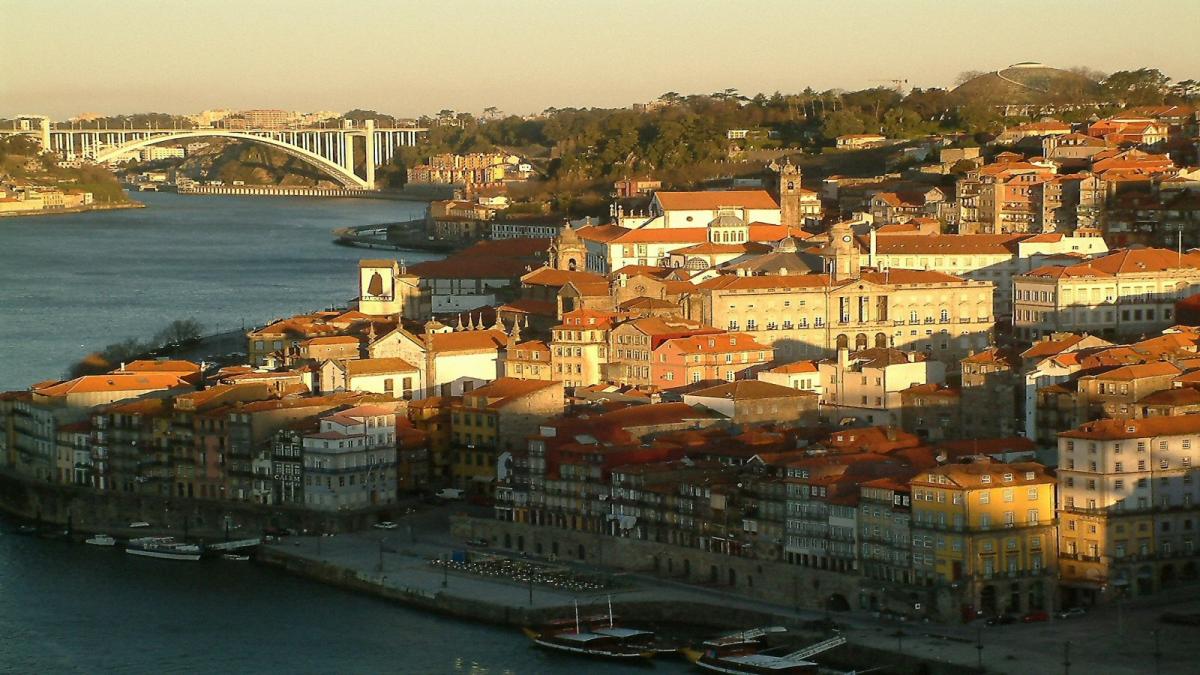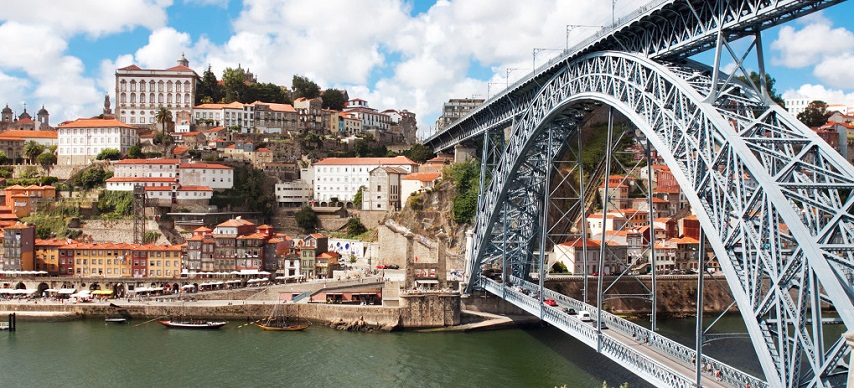
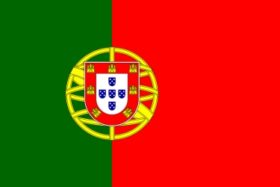
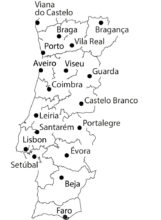
| Official name | Portugal, Republic of Portugal |
| Area | Total: 92,212.0 sq km |
| Population | 10,406mln |
| Official language | Portuguese |
| Capital | Lisbon |
| Administrative division | Portugal is divided in 19 districts: |
| Location | Portugal is geographically located in Europe’s West Coast, on the Iberian Peninsula. It is bordered by Spain to the North and East and by the Atlantic Ocean to the West and South, making it a privileged geo strategic location between Europe, America and Africa. |
| Climate | Portugal’s climate offers mild winters and pleasant summers. The wettest months are November and December, whilst the driest are from April to September. |
| Time zone | Summer (DST) |
| Neighbours | Spain |
| Mountains | The highest peaks are found in a mountainous range in the centre of the country, of which Serra da Estrela is the highest with 1,991 m. On the archipelagos, Pico (2,351 m) is the highest peak in the Azores, while Pico Ruivo (1,862 m) is the highest peak in Madeira. |
| Main/ major rivers | *Tejo 1038 km |
| Largest lakes | Alqueva (458 sq m) |
| Mineral resources/wealth | Iron ore, copper, zinc, tin, silver, gold, uranium, marble, clay, gypsum, salt, arable land |
| Major cities | Lisbon, Porto, Braga, Coimbra, Funchal |
| Demography | *Population – 10,50 millions |
| Main religion | Roman Catholic |
| GDP | Per capita: 20.100 EUR (2013) |
| Currency | Euro (EUR) |
| Emergency telephone numbers | European emergency number: 112 |
| Constitution | Constitution of the Portuguese Republic |
| The political system | The Republic of Portugal is a Parliamentary democracy, based on the respect and the effective guarantees for fundamental rights and freedoms and the separation and interdependence of powers. |
| President | Marcelo Rebelo de Sousa |
| Prime Minister | Luís Montenegro |
| The Legislature | Legislative power lies in the Parliament (Assembly of the Republic) represented by 230 members which are elected by popular vote to serve a four year term. |
| The Executive | Executive power lies in the Government, headed by the Prime Minister, the Ministers and the Secretaries of State. |
| The judicial branch | The Portuguese judicial system consists of several categories of Court, independent of each other, with their own structure and rules. Two of these categories are composed only by one Court (the Constitutional Court and the Court of Auditors). The Judicial, Administrative and Fiscal Courts are numerous, hierarchically structured and respond to a Supreme Court. In addition, there are Maritime Courts, Courts of Arbitration and Justices of the Peace. |
| Foreign Policy | Membership in International Organisations |
Road transport
Portugal has a developed road network, comprising of motorways (AE), main roads (IP), secondary roads (IC), national roads (EN) and municipal routes. In 2012, the mainland road network reached 14,284 km, of which 2,988 km was motorway, more than 1/5 of the total road network.
Rail transport
The rail network comprises 2,541 km providing North-South connection down the coastline and East-West across the country. Railway network density tends to be more significant in regions with a higher population concentration.
*Lisbon- Porto: 274,28 km
*Lisbon- Faro: 215,61 km
*Lisbon- Braga: 322,04 km
Alfa Pendular and Inter-City
Alfa Pendular high-speed tilting trains operate many of the services between Lisbon and Porto. They also run twice a day between Lisbon and the Algarve. Fares are slightly higher than on the ‘Inter-City’ trains, which run also between Lisbon and Porto (with more stops) and to other destinations around the country.
Inter-Regional and Regional
Inter-regional and regional (local) trains fill in the gaps, but services are irregular and sometimes infrequent. Most trains are fairly new but especially down south in the Algarve, it has seen better days. Large areas of the country however have no rail service at all.
City Suburban Networks
Good networks of mainly electric suburban trains (Urbanos) operate around Lisbon and Porto, connecting those cities to towns up to about an hour’s journey away.
International
Portugal is almost isolated from the rest of Europe in passenger railway terms. Plans to link Portugal to the European high-speed newtwork will not come about for a very long time in the future.
Buses
Long-distance Buses (Coaches)
- Long-distance buses connect every large city and town, as well as many smaller locations all over the country. There are many operators, some of whom do not have websites. Advance reservation is highly recommended wherever possible. You may have to go to the local bus station to do this. If possible, go a day or two before you wish to travel.
- Some of the major companies have banded together under the brand Rede-Expressos. Their website offers services direct and indirect between almost any two towns and cities across the country. On-line reservation is available on the website, but one word of caution: in Lisbon and Porto there is more than one bus terminal. Rede-Expressos uses the “Sete Rios” terminal in Lisbon and the “Batalha” terminal in Porto.
- The RENEX company operates routes between Lisbon and the Algarve, also between Lisbon and various northern cities. In Lisbon, RENEX uses the Gare Oriente terminal, next to the railway station of the same name.
- Rodoviária do Norte has a network mainly in the north of Portugal.
- Rede Expressos, ALSA and several other companies run services to and from various Spanish cities.
Air transport
There are 15 airports. On the mainland the three major international airports are located in the coastal cities of Lisbon, Porto and Faro. Due to the isolation of the Autonomous Regions there are a larger number of airports. The Azores have nine and Madeira has two. Most international airlines serve the country’s main airports.
Since 1986, with the entrance in the European Community, Portugal turned is economy in a service-based one, and with the different governments privatizing firms from the state and liberalize the financial and telecommunication sectors (Anon., s.d.). In 1998 joined the European Monetary Union and on 1 January 2002 euro start to circulate in the country (Anon., s.d.). Portugal, as other countries, passed by a long recession, and in 2013 it’s started to recover, due to the private consumption and investment, that create a growth on the GDP and on the economic growth (Comission, 2015 ). Also, the external performance as rebalanced due to the export performance, with external competitiveness and with GDP in exports to 40% in 2013 (Comission 2015).
In 2020 the economic growth of Portugal fell by 3,9% and 13.9% due to Covid-19 pandemic crisis, with the sector of tourism being the worst to be hit (Anon., 2020). Even though that small recovery during the summer, in the economy, the infections return in the autumn, what lead to a worst scenario, with the GDP projected do decline to 9 in 2020 (Anon., 2020).
This expectation of the GDP was not yet confirmed, the last dated GDP was on 30 of November of 2020, with a GDP of 5.7% (Investing.com, 2020).
Even though there was a bigger decrease in the exports than in the imports, there was a good performance in goods, with a good balance and with the trade volumes in a solid pace (Anon., 2020). Employment rate increased from 6.5% in 2019 to 8% in 2020 (Anon., 2020).
Although the fall of GDP in 2020, it is expected a grow in 2021 of 5 and 3 in 2022 (Anon., 2020). This growing on the GDP is expected due to the expectations of the dissipation of the pandemic that will allow the return of tourism, household consumption, also with the investment (FocusEconomics, 2020) and exports (Gonçalves, 2020). Also, the domestic demand it is projected to the levels before the pandemic, due the government’s policy in relation with the crisis and with the EU funding cycle (Anon., 2020). The unemployment rate in 2021 will peak (OECD, 2020), but is expected to decrease to 6.6% in 2022 (Anon., 2020), to the levels before the crisis (OECD, 2020).
Even though that Portugal is passing by a crisis, like most of the countries in the world, due to the Covid-19 pandemic crisis, it is important to mention that the perspectives for 2021 and 2022 are good and that it is possible to recover.
Doing Business in Portugal
Although this economic crisis in Portugal and in the world, there are still a lot of reasons to invest in Portugal.
First, Portugal is on a strategic location, due to be the nearest European country to the US and Canada (AICEP, 2020), which means that it can attract consumers from these two countries and also from the European Union, it can be a link between the European continent and the America continent.
Second, due to its connection with the Portuguese speaking markets, it can be a bridge also between European countries and with the Portuguese-speaking countries (AICEP, 2020).
Third, it is a country where it is very easy to create a company, it’s possible to create one in a single day (AICEP, 2020), what can be very good for the companies, because its time saving.
Fourth, Portugal is considered one of the most peaceful countries in the world and with a high quality of life for residents (Boutique, 2020).
Fifth, it is a country of “one of the youngest workforces in the world” (Boutique, 2020), which means that Portugal have new ideas and that bring creativity and youngness to the companies, and also it is important to mention that “the Portuguese universities have seen the highest enrollment rate in recent years, and they are expected to produce qualified graduates in upcoming years” (Boutique, 2020), that bring high quality and educated young adults that are able to work.
Sixth, these youngest workforces, are able to be hired by a low cost that permit the companies to don’t spend a lot of money in their human resources (Boutique, 2020).
Seventh, Portugal is involved in a Golden Visa scheme, that can be very profitable to investors, that’s why it is “one of the most attractive reasons why you should invest in Portugal” (Boutique, 2020), because by acquiring a property in Portugal, the investor can acquire the Portuguese residency, without a lot of legal requirements and with many benefits (Boutique 2020).
Eight, the foreign investment is on the top priorities for the Portuguese government, because it is seen as one of the most important factors for the economic growth, and because of that there is less restrictions to the foreign investors (Boutique, 2020).
Besides these eight important facts that can lead foreign investors to invest in Portugal is also important to take into account which sectors are the biggest one in the Portuguese economy, that can be profitable to foreign investors. AICEP Portugal gives information about the most prominent sectors that foreign investors should invest on the automotive industry because Portugal have 5 car manufactures and 200 supplier companies; ICT, financial services, hardware, telecommunications and software, because Portugal has a big international recognition excellence; moulds, because Portugal it’s one of the world’s largest mould makers, especially in plastics; in wine, being the 5th country in Europe in producing wine; renewable energy, that is being invested in Portugal; Shared Services with 450 companies in Portugal; cork, because Portugal is the world leader in its production; aeronautical, because you can find security and demand in the major manufactures in Portugal; biotechnology, due to the 40 companies that are attracting the international attentions; eco-innovation, because sustainability is becoming a important factor on the economic development; building materials, due to Portugal’s solid recognition in this area; pulp &paper, with Portugal as a leading country, in terms of technology, creativity and also market share; textiles, that is one of the most dynamic sectors in Portugal; mining, due the potential of the exploitation of mineral resources; naval, with competitive advantages in this sector; petrochemical & chemical, due to the expansion of projects and factors in Portugal; and in agriculture, fishing and food, that is a fast-growing export sector in Portugal (Americas, s.d.).
| Accommodation | Hotel buildings: 941 |
| Tourist attractions | Lisbon, Sintra, Évora, Óbidos, Coimbra, Porto, Batalha, Alcobaça, Tomar, Lagos, Sagres, Marvão and Braga, Fatima |
| The most visited voivodeship | Lisbon, Porto, Fatima, Algarve |
| Tourist trails | Walking, mountain hiking, bicycle and canoe trips |
| Months of summer holidays | June, July, August |
| Months of winter holidays | December, January, February |
